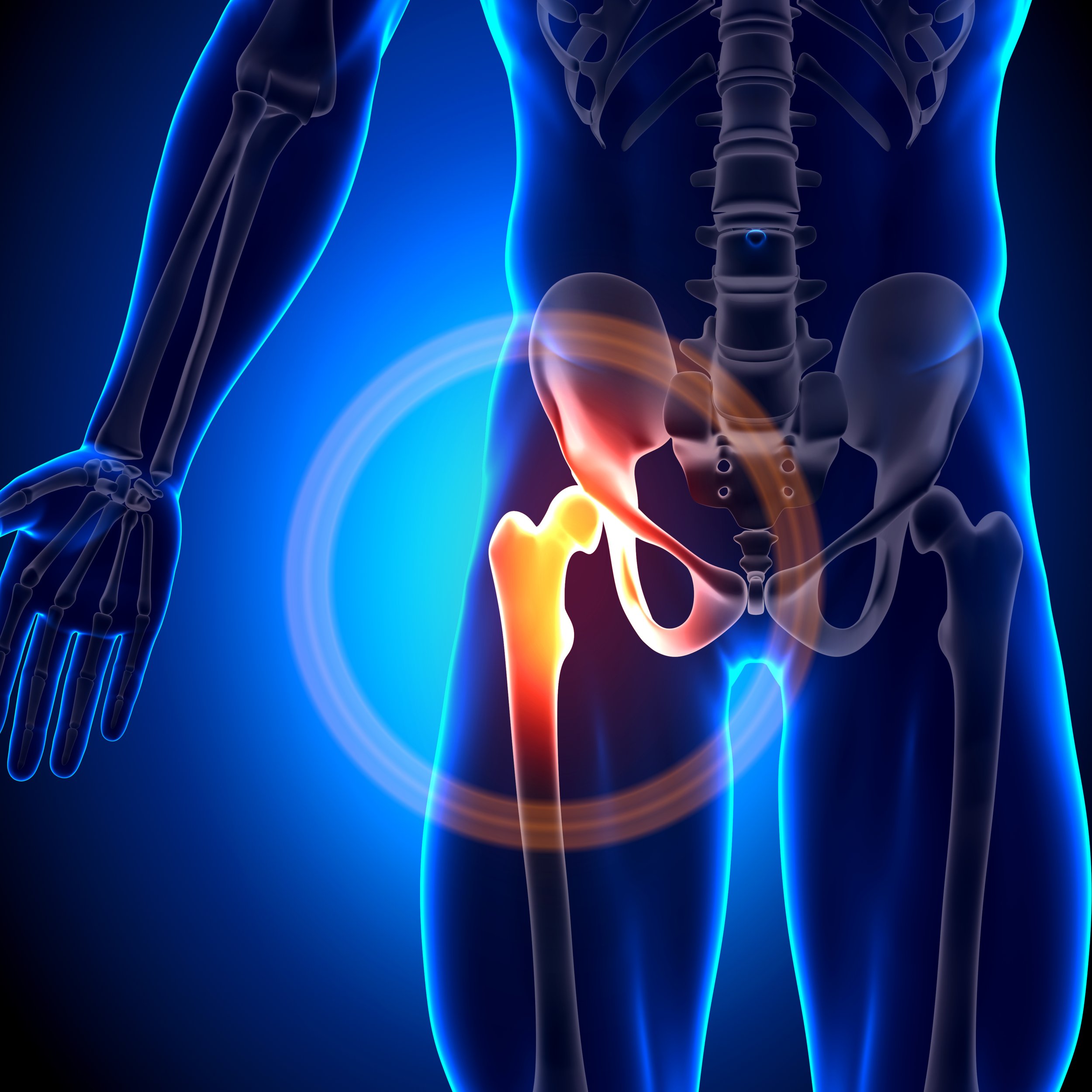Hip Pain
Hip pain can limit mobility, affect daily activities, and reduce overall quality of life. At Spine West, we diagnose the root cause of your hip pain and deliver non-surgical treatments to relieve discomfort, restore function, and support long-term joint health.
Common Diagnoses
Hip Impingement (Femoroacetabular Impingement)
Osteoarthritis
Bursitis
Tendonitis
Spine West Treatment Options
Cortical Steroid Injections
Note that for severe injuries, surgical consultation may be recommended.
-
Symptoms of hip pain include discomfort in the groin, thigh, or side of the hip, especially during specific activities like sitting for long periods, leaning forward, or performing motions such as lunges or tucks. You may also notice stiffness or pain when getting in or out of a car or during sports activities.
-
Hip pain often results from structural abnormalities, overuse, or injury. Conditions like hip impingement occur when the bones of the hip joint rub against each other, potentially damaging the labrum and causing pain. Factors such as abnormal joint development during childhood or trauma can contribute to these issues
-
Severe pain, inability to bear weight on the hip, redness, swelling, or fever may indicate a need for urgent medical evaluation.
-
No, most cases improve with conservative care. Surgery is reserved for persistent symptoms despite other treatments.
-
Muscle strains may heal in weeks; chronic conditions vary but can be managed effectively.


